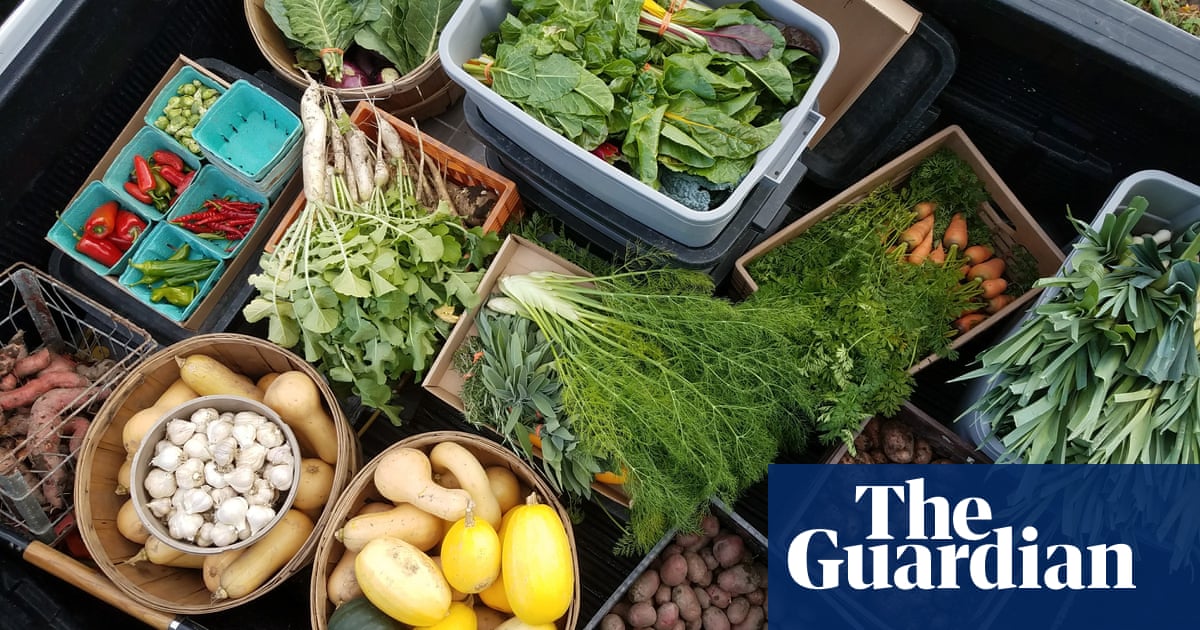
amily farmers form the backbone of our rural communities. Their hard work puts high-quality food on our tables, which is produced to some of the highest standards in the world, and their careful stewardship knits together the environmental and social fabric of our beautiful and iconic landscapes. They are a remarkable breed; adaptable, resilient and incredibly hardworking. And they are no stranger to innovation through adversity. Their very diversity brings great strengths to our environment, to our rural communities and to disease management. All this must be taken into account as agriculture starts this massive transition, especially as more than 110,000 smaller family farms have already been lost since 1990.
To me, it is essential the contribution of the small-scale family farmer is properly recognised – they must be a key part in any fair, inclusive, equitable and just transition to a sustainable future. To do this, we must ensure that Britain’s family farmers have the tools and the confidence to meet the rapid transition to regenerative farming systems that our planet demands.
It is worth remembering that most of these farms are run by one or two people. Unlike the larger farms, they often don’t have the time or the resources to seek advice. The changes coming are huge and the way we help our farmers manage our soils, hedgerows and grazing livestock, and develop local supply chains, holds the key to biodiversity gain, carbon sequestration and water management, all of which are directly linked to our own health and wellbeing.
I believe there is strength in numbers and have often thought the best way to secure a viable future for these smaller family farms would be for them to come together in some sort of co-operative. While there seems to be some deep-seated aversion to farmer co-operatives in this country (I have tried my best over the years to encourage and establish them, but to little effect), they work well in many parts of Europe. And new times demand new thinking.
I cannot help thinking that with the combination of modern technology, through which farmers can be better connected to their markets and advice, and a new yearning among consumers for “local” and “small” (in other words, “slower food”), now is the time to try again – and not just in the United Kingdom. There are small farms the world over that could come together in a global co-operative committed to producing food based on the principles set out in my Terra Carta, a charter for nature, people and planet: high environmental standards, using native breeds – of animals and plants – producing healthy, nutritious food that enhances nature and the wellbeing of rural communities and consumers.
Is this a utopian dream? With the skills of ethical entrepreneurs and a determination from the farmers to make it work, I would like to think it could provide a very real and hopeful future for a sector that to me should be celebrated and encouraged for its vital importance to food security, community security and cultural security, as the word “agri-culture” implies. These farmers are some of the most hardworking and innovative small businesses and, in so many ways, we depend on them far more than most of us will ever know.
Charles, Prince of Wales is the heir apparent to the British throne












